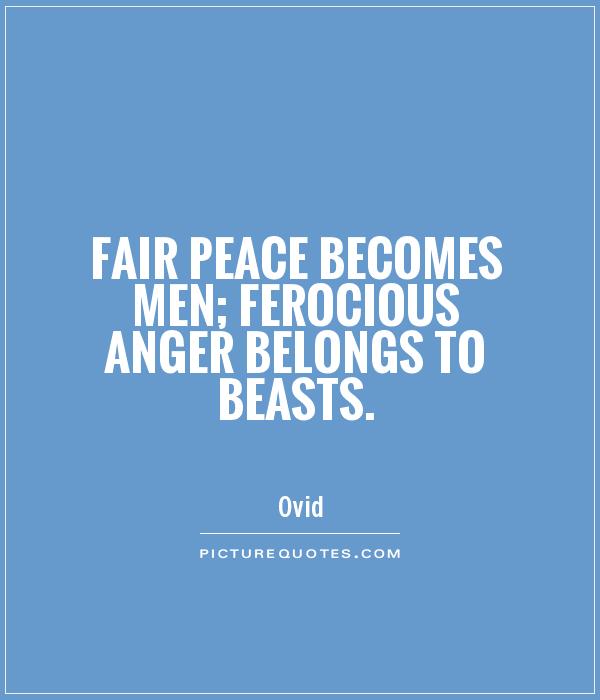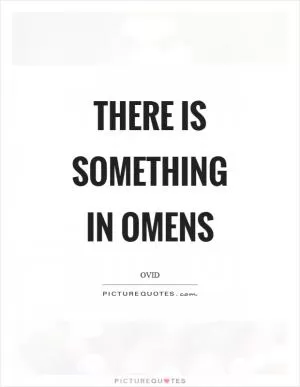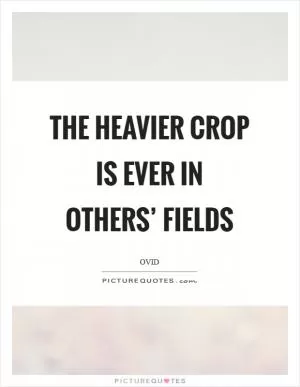Fair peace becomes men; ferocious anger belongs to beasts

Fair peace becomes men; ferocious anger belongs to beasts
In the realm of Ovid's words, the phrase "Fair peace becomes men; ferocious anger belongs to beasts" holds a profound significance that transcends time and resonates with the essence of human nature. Ovid, a Roman poet known for his epic works such as Metamorphoses, understood the complexities of human emotions and behaviors, and his words continue to offer timeless wisdom and insight into the human condition.The idea that fair peace is a quality that befits humanity while ferocious anger is more suited to beasts speaks to the inherent duality within each individual. As rational beings, humans have the capacity for empathy, compassion, and understanding, qualities that are essential for fostering harmonious relationships and creating a peaceful society. Fair peace, therefore, represents the higher virtues of humanity, reflecting our ability to rise above our primal instincts and strive for unity and cooperation.
On the other hand, ferocious anger is often associated with primal, instinctual responses that are more commonly found in the animal kingdom. Anger, when left unchecked, can lead to destructive behaviors and conflict, undermining the very fabric of society. By likening anger to beasts, Ovid highlights the destructive nature of unchecked emotions and the importance of tempering our impulses with reason and restraint.












 Friendship Quotes
Friendship Quotes Love Quotes
Love Quotes Life Quotes
Life Quotes Funny Quotes
Funny Quotes Motivational Quotes
Motivational Quotes Inspirational Quotes
Inspirational Quotes